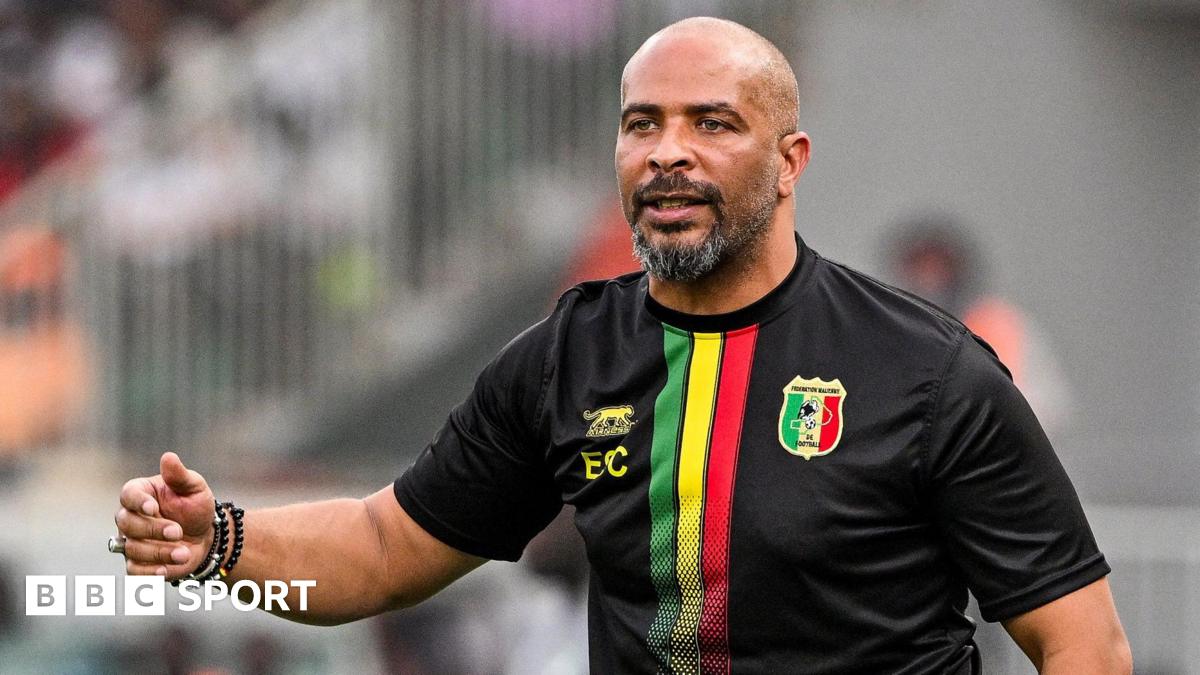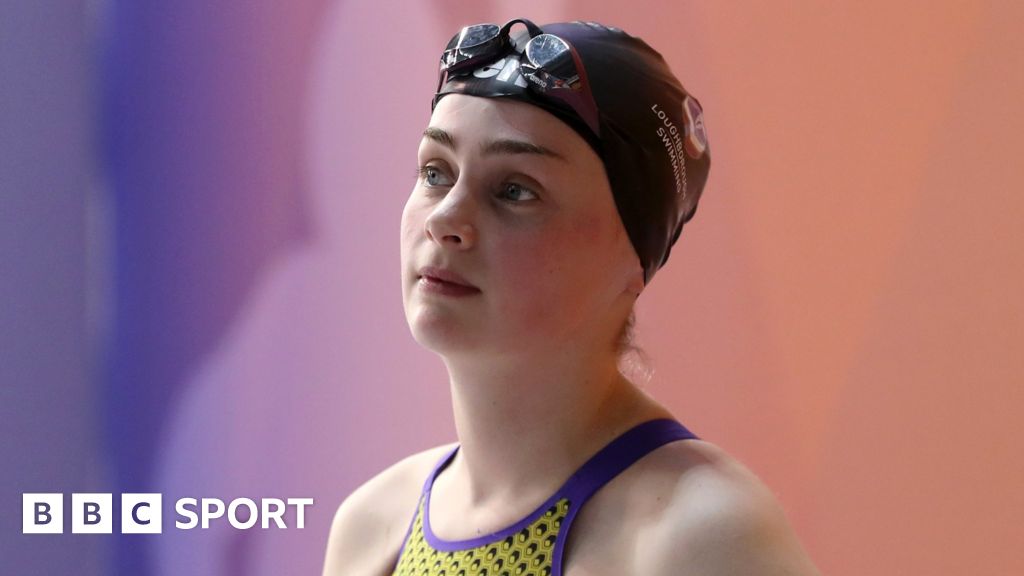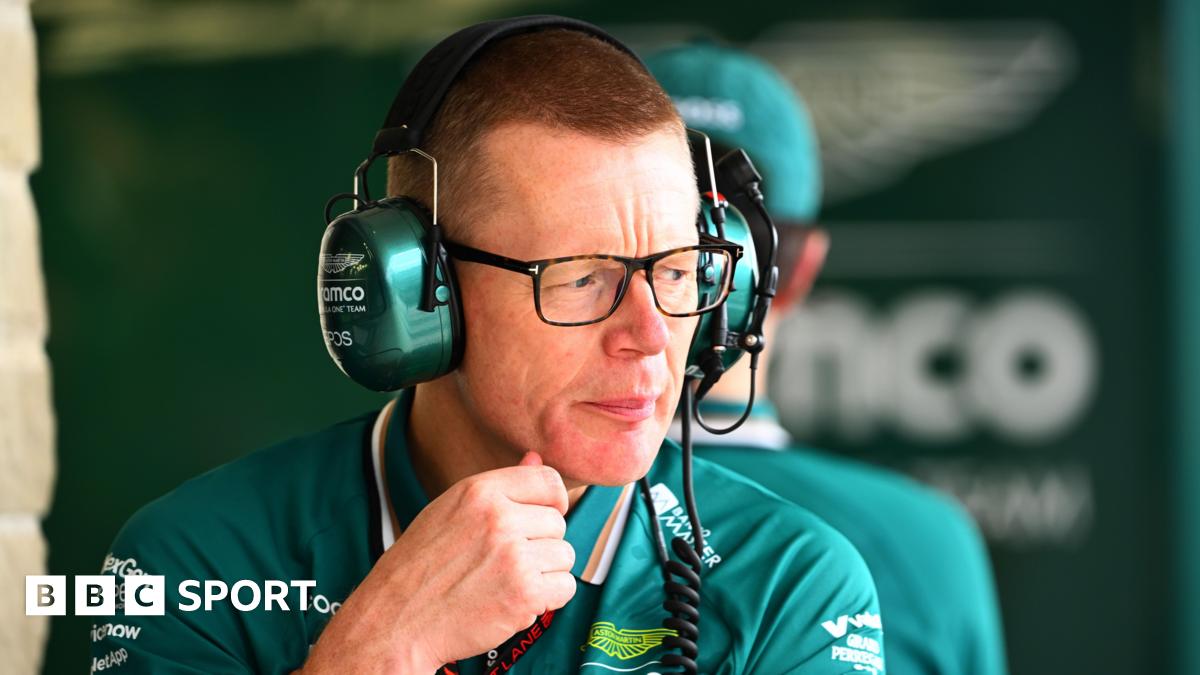Kearney explained how after an initial assessment in Sheffield in March 2023, she was made to wait for “approximately six hours with no communication”, before being told that classifiers could not reach a decision and she would need to go through a follow-up. She claims no reason was given and that paperwork she was told would be forwarded to her after the event never arrived.
A second review took place four months later in Manchester, with Kearney claiming that an “excessive” additional 10 points were added to her overall classification score.
She wrote: “[It] cannot be explained or justified by subjective views of individual assessors. This leads me to believe that my classification review lacked objectivity.
“The classification system itself has not changed between 2018 and 2023 so this cannot be a reason for the change in my classification.”
Kearney said she was shown paperwork by the classifiers asserting that she walks with crutches. She says that this has has not been the case since 2016, and that she is now a wheelchair user.
“Not only was it an insensitive error but also indicates that the process that took place…was inherently flawed,” she argued.
She also claims that one of the classifiers asked an official “to haul me up out of my wheelchair into a semi-standing position then hold me up with my face against the wall to prevent me from falling and stating that this constituted ‘walking’…This was not only clearly insensitive, demeaning, and frankly humiliating to myself as an athlete and as a disabled person, but yet again demonstrates a fundamental misunderstanding of my disability…”
She wrote: “I just do not feel that the volunteer classifiers who can be medics in any field of medicine, or physiotherapists, have the necessary knowledge and expertise to assess complex neurological conditions such as mine, which puts me and similarly impaired athletes at a very big disadvantage compared to our peers…”




















